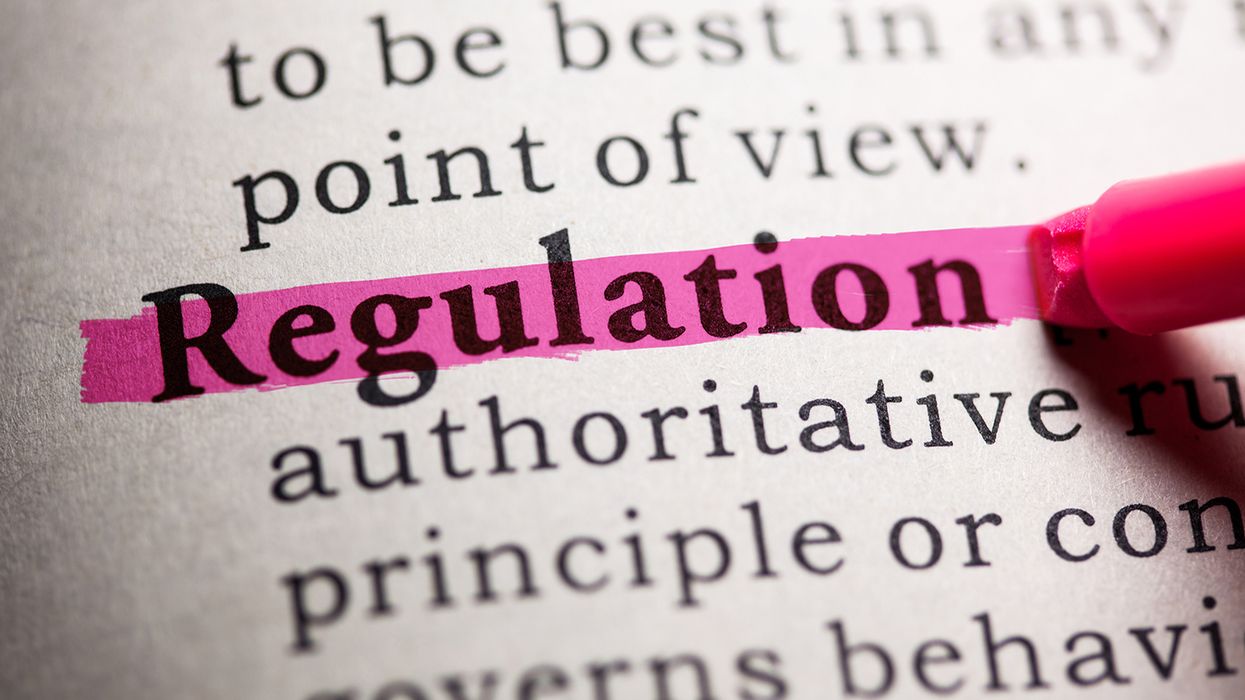Withholding wages can land employers in prison
Under the federal Fair Labor Standards Act (FLSA) employers must pay nonexempt (“hourly”) employees at least $7.25 per hour for all hours worked. If employers make deductions from wages that bring employees below the federal minimum wage, they violate the FLSA. Most states have their own requirements and often have higher minimum wages. Minnesota is one of them.
Since 2019, Minnesota’s “Wage Theft Prevention Act” has prohibited employers from unlawfully withholding wages from employees. The penalties can be stiff, as a violation could be a felony if employees lose more than $1,000. The owner of a company recently became the first individual in Minnesota convicted of a felony for wage theft.
The owner was sentenced to three years’ supervised probation, ordered to complete 200 hours of community service, and to pay $42,255.64 in restitution.
The Minnesota wage theft case
- The employer was required to pay a prevailing wage rate and keep certain business and payroll records. Several employees filed complaints with the Minneapolis Civil Rights Division, alleging that the owner had engaged in unlawful wage practices.
- The employees claimed that the owner didn’t pay them all wages at the required pay rates, which totaled $35,000.
- One employee worked 8 hours each day between June 8 and June 11, 2020. He didn’t, however, receive a paycheck for that week. The employer claimed the employee didn’t work that week.
- Over the next months, the employer paid five employees, but only paid them a regular wage rate, not the prevailing wage rate as required. The employer also claimed that some of the workers didn’t work when they really did.
- The employer was accused of using the money that should have gone to the employees to pay company debts, such as late taxes.
Other states with similar laws
Minnesota isn’t the only state with criminal wage theft laws. Other states include:
- California
- Colorado
- Idaho
- Illinois
- Kansas
- Kentucky
- Virginia
- Wisconsin
More states could jump on this bandwagon, making it even more important for employers to be careful when making wage deductions. While this employer got off with probation, the law does include the possibility of imprisonment of up to 20 years.
State v. Newell, No. 27-CR-23-445, State of Minnesota, Fourth Judicial District, Hennepin County.
Key to remember: Employers that don’t pay employees appropriately could face more than simple fines. They may face felony repercussions and even prison time.





































































